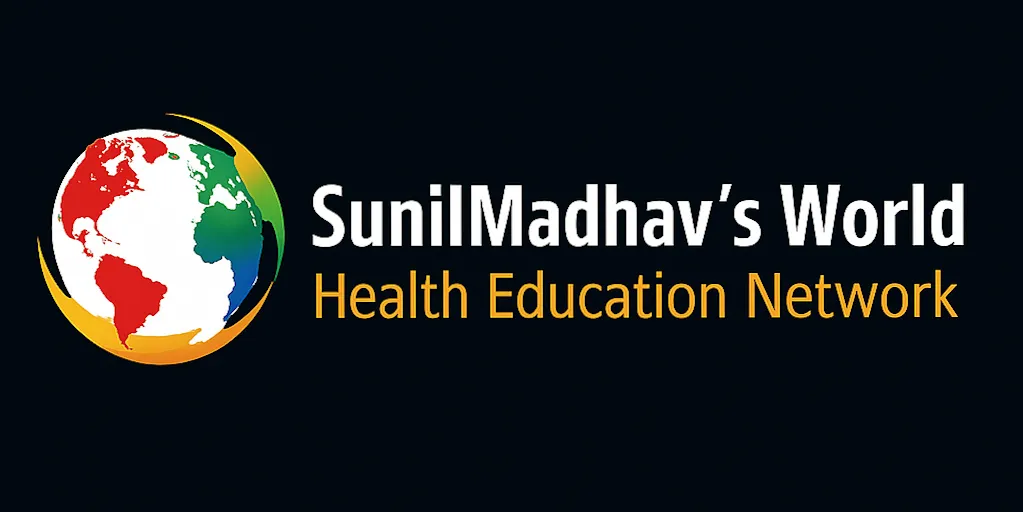Childhood and adult lead exposure can cause lasting brain damage, raising dementia and memory loss risk decades later.
Studies link historic leaded gasoline, industrial pollution, and neuronal toxicity to cognitive decline, urging stricter prevention efforts.
July 2025
-
TOXICOLOGY < class="penci-entry-title entry-title grid-title penci_grid_title">Lead exposures linked to cognitive decline
-
BARIATRICSCategoriesENDOCRINOLOGY < class="penci-entry-title entry-title grid-title penci_grid_title">New framework would reclassify many Americans with overweight as having obesity
A new EASO framework could reclassify 18.8% of U.S. adults, previously labeled overweight, as having obesity by considering BMI, waist-to-height ratio, and health issues.
This may raise care needs but enable earlier treatment and better outcomes.#ObesityRedefined
-
CategoriesNeurologyTRIALS < class="penci-entry-title entry-title grid-title penci_grid_title">MIND Diet and Dementia Risk Reduction
🧠 A major study shows the MIND diet may cut Alzheimer’s risk by up to 25%, with greatest benefit seen in those improving diet over time. Results vary by ethnicity, highlighting need for culturally adapted plans. #BrainHealth #MINDdiet
-
CardiologyEchocardiographyPulmonology < class="penci-entry-title entry-title grid-title penci_grid_title">Automated VEST Algorithm: A Leap Forward in PAH Diagnosis
Researchers developed an automated VEST score algorithm that matches manual calculations 100%. It helps diagnose pulmonary arterial hypertension faster across specialties, streamlining care and enabling earlier referrals to expert centers.
-
Gastroenterology < class="penci-entry-title entry-title grid-title penci_grid_title">Mediterranean, plant-based diets linked to lower risk for chronic constipation
Long-term adherence to Mediterranean and plant-based diets cuts chronic constipation risk by up to 20%, while Western and inflammatory diets raise it over 20%. Benefits go beyond fiber, likely involving gut microbiome effects, highlighting diet’s preventive role.
-
CategoriesNeurology < class="penci-entry-title entry-title grid-title penci_grid_title">World Brain Day encourages awareness, knowledge, action for patients and providers
World Brain Day (July 22) champions brain health for all. For patients & providers, the focus is on 5 keys: Awareness, Education, Prevention, Access & Advocacy. Let’s use tech, share stories & build healthy habits to protect our brains.
-
CardiologyTRIALS < class="penci-entry-title entry-title grid-title penci_grid_title">Coffee may provide many heart-healthy benefits independent of caffeine
Moderate coffee (1–2 cups/day) may lower risks of hypertension, diabetes, heart attack, AF, and early death via anti-inflammatory and metabolic benefits. Filtered coffee is best, as unfiltered can raise LDL. Caffeine may trigger PVCs in some but is generally heart-safe.
-
CardiologyOphthalmology < class="penci-entry-title entry-title grid-title penci_grid_title">Astaxanthin may decrease chronic, acute digital eye strain symptoms in children
Excerpt:
A 12-week clinical study has found that **daily astaxanthin supplementation** (4 mg) significantly reduces **digital eye strain** in children aged 10 to 14 who regularly use digital devices. Compared to placebo, children taking astaxanthin experienced a **20% decrease in chronic symptoms** and a **57% reduction in acute symptoms**. Additional improvements were observed in **depth perception, pupillary light reflex**, and **tear production**. These results suggest astaxanthin may be a promising strategy for managing **computer vision syndrome** in school-aged children, with effects noticeable as early as two weeks into use.
-
ONCOLOGY < class="penci-entry-title entry-title grid-title penci_grid_title">Most patients with advanced cancer do not undergo next-generation sequencing testing
Excerpt
Despite the growing role of next-generation sequencing (NGS) in guiding personalized cancer therapies, real-world data reveal that only 30% to 40% of patients with advanced cancers undergo this critical testing. Alarmingly, a significant number receive results too late—often within the final three months of life—limiting access to targeted treatments that could improve or extend survival. These findings highlight an urgent need to integrate NGS testing earlier in the cancer care continuum.

